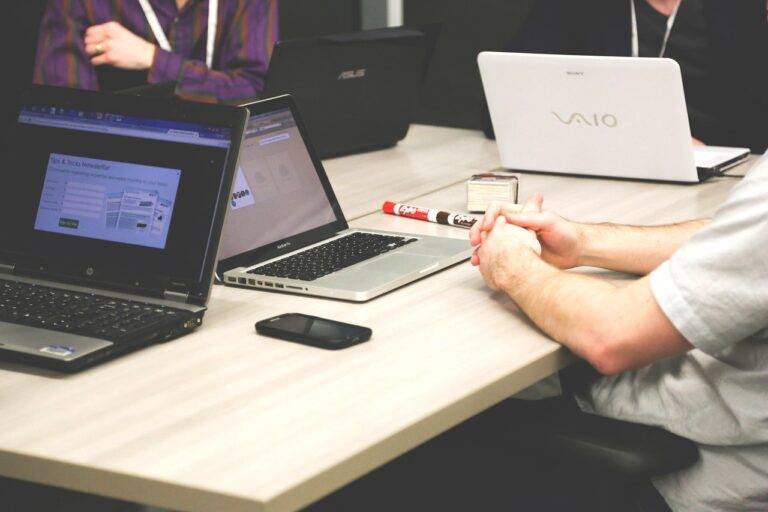Tech in the Circular Economy: Innovations and Solutions
In the pursuit of a sustainable future, technology plays a pivotal role in driving the transition towards a circular economy. Advancements in digital tools and automated systems enable businesses to efficiently track and manage resources throughout their lifecycle. From blockchain for transparent supply chains to IoT devices for real-time monitoring, technology fosters greater visibility and control over material flows.
Moreover, innovative technologies such as artificial intelligence and machine learning are revolutionizing waste management practices. These tools help optimize recycling processes by sorting materials more effectively and identifying opportunities for reusing or repurposing resources. By harnessing the power of technology, companies can not only reduce waste generation but also create new revenue streams through the valorization of waste materials.
Challenges of Implementing Circular Economy Practices
Businesses face numerous obstacles when striving to implement circular economy practices. One significant challenge is the initial investment required to transition from traditional linear economic models to circular systems. This entails restructuring existing processes, adopting new technologies, and investing in research and development to create more sustainable products and services.
Another hurdle in implementing circular economy practices is the lack of standardized regulations and guidelines across industries and regions. Without clear and consistent frameworks in place, businesses may struggle to navigate the complexities of complying with varying environmental policies and regulations. This inconsistency can create barriers to the widespread adoption of circular economy principles and hinder the transition towards a more sustainable and regenerative economic model.
What is the role of technology in the circular economy?
Technology plays a crucial role in the circular economy by enabling the efficient reuse, refurbishment, and recycling of products and materials.
What are some of the challenges faced when implementing circular economy practices?
Some of the challenges include changing consumer behavior, lack of infrastructure for recycling and reusing materials, and the need for collaboration among various stakeholders.
How can businesses overcome the challenges of implementing circular economy practices?
Businesses can overcome these challenges by investing in innovative technologies, educating consumers about the benefits of a circular economy, and forming partnerships with other organizations to create a more sustainable supply chain.
What are some examples of successful circular economy initiatives?
Examples of successful initiatives include companies implementing product take-back programs, using recycled materials in manufacturing, and designing products for longevity and ease of repair.
How can individuals contribute to the circular economy?
Individuals can contribute by buying products made from recycled materials, recycling and repurposing items, and supporting companies that prioritize sustainability in their operations.





